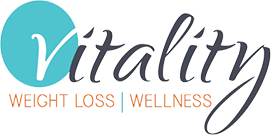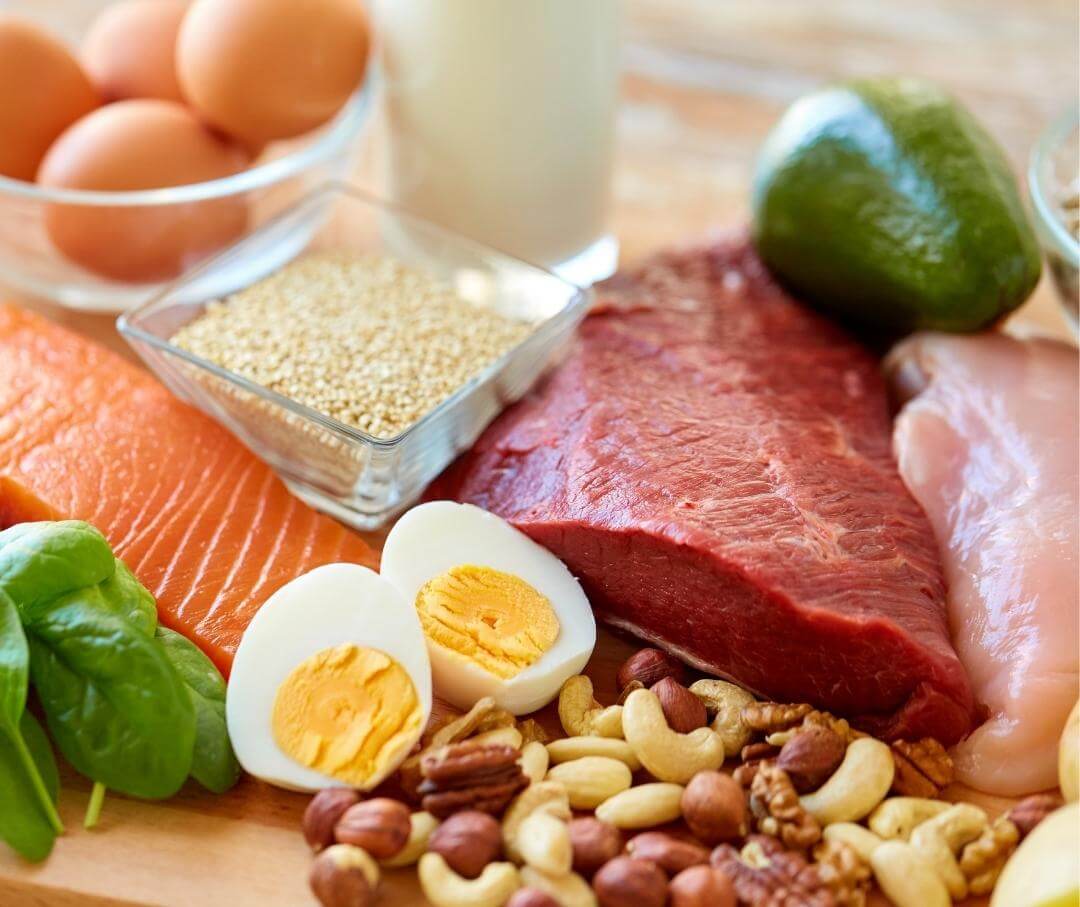When it comes to weight loss, protein is often highlighted as a key nutrient in achieving your goals. But how important is protein, and how much do you really need to support your weight loss journey? In this article, we’ll explore the critical role of protein in weight management, how it can aid in weight loss, and provide practical tips on how much protein you should be consuming.
Why Protein is Essential for Weight Loss
1. Boosts Metabolism
One of the primary ways protein supports weight loss is by increasing your metabolism. Protein has a high thermic effect, meaning your body burns more calories digesting protein compared to fats and carbohydrates. Studies show that consuming protein can increase your metabolic rate by up to 30%, helping you burn more calories even at rest (Journal of Nutrition).
2. Enhances Satiety
Protein is known for its ability to keep you feeling full longer. High-protein diets can reduce hunger and calorie intake by influencing appetite-regulating hormones. For instance, protein increases the levels of hormones like peptide YY and GLP-1 that signal fullness, making it easier to stick to a calorie deficit (American Journal of Clinical Nutrition).
3. Preserves Muscle Mass
During weight loss, it’s crucial to maintain lean muscle mass. Protein plays a vital role in preserving muscle while you’re losing fat. This is important because muscle tissue burns more calories at rest than fat tissue. By ensuring adequate protein intake, you help safeguard your muscle mass and improve your body composition (Journal of the International Society of Sports Nutrition).
How Much Protein Do You Need?
1. Recommended Daily Intake
For most adults, the general recommendation is 0.8 grams of protein per kilogram of body weight. However, when you’re aiming to lose weight or increase muscle mass, your protein needs may be higher. A common recommendation for weight loss is between 1.2 to 1.6 grams of protein per kilogram of body weight (Harvard T.H. Chan School of Public Health).
2. Adjusting Protein Intake
Your specific protein needs can vary based on factors like age, gender, activity level, and overall health. For example, athletes or those engaging in intense exercise may require more protein to support muscle repair and growth. If you’re unsure of your ideal protein intake, consulting with a nutritionist or dietitian can help tailor recommendations to your individual needs.
Sources of High-Quality Protein
1. Animal-Based Proteins
Animal-based proteins are considered complete proteins, meaning they contain all nine essential amino acids that your body cannot produce on its own. Good sources include:
- Chicken breast
- Lean beef
- Fish
- Eggs
- Dairy products like yogurt and cheese
2. Plant-Based Proteins
For those following a vegetarian or vegan diet, plant-based proteins are a great option. While some plant proteins may be incomplete, combining different sources can provide all essential amino acids. Examples include:
- Lentils
- Chickpeas
- Quinoa
- Tofu and tempeh
- Nuts and seeds
Practical Tips for Increasing Protein Intake
- Incorporate Protein in Every Meal: Aim to include a source of protein in each meal to help with satiety and muscle maintenance.
- Snack Wisely: Choose high-protein snacks like Greek yogurt, nuts, or protein bars to keep hunger at bay between meals.
- Opt for Lean Proteins: Select lean cuts of meat and low-fat dairy options to avoid excess calories and saturated fats.
- Use Protein Supplements: If needed, protein powders or shakes can be a convenient way to boost your protein intake, especially if you’re on the go.
Conclusion
Protein is a vital component of any successful weight loss strategy. By boosting metabolism, enhancing satiety, and preserving muscle mass, protein can support your weight loss goals effectively. Ensure you’re consuming adequate protein through a balanced diet, and adjust your intake based on your individual needs and activity levels. As always, consult with a healthcare professional or nutritionist to tailor your diet to your specific goals and health conditions.




